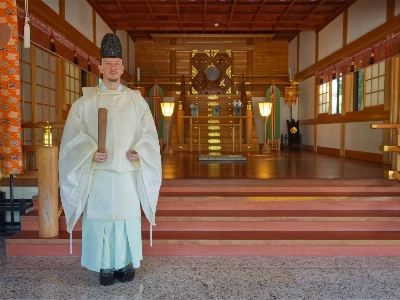"Top 10" lists may be prejudiced, arbitrary and capricious, but they also indicate inclinations and directions. Once a decade since 1952, the British Film Institute's Sight & Sound magazine has polled leading critics (and, since 1992, leading directors) on the 10 best films of all time. The resulting lists point to something larger than individual preference, something that might be called a community of taste, a general unspoken agreement, something that is gradually evolving.
Even the definition of "best" seems to be changing. For the past four decades, Orson Welles' "Citizen Kane" has been voted No. 1 by critics, and, since the addition of the directors' poll ten years ago, by directors, too. Welles himself was listed in the 2002 poll as best director by both critics and directors alike.
This year, however, only six votes kept Alfred Hitchcock's "Vertigo" from sweeping the critical stakes. It took second place. Ten years ago, in 1992, it was fourth; in 1982 it was seventh, and in 1972 it wasn't even listed.


















With your current subscription plan you can comment on stories. However, before writing your first comment, please create a display name in the Profile section of your subscriber account page.